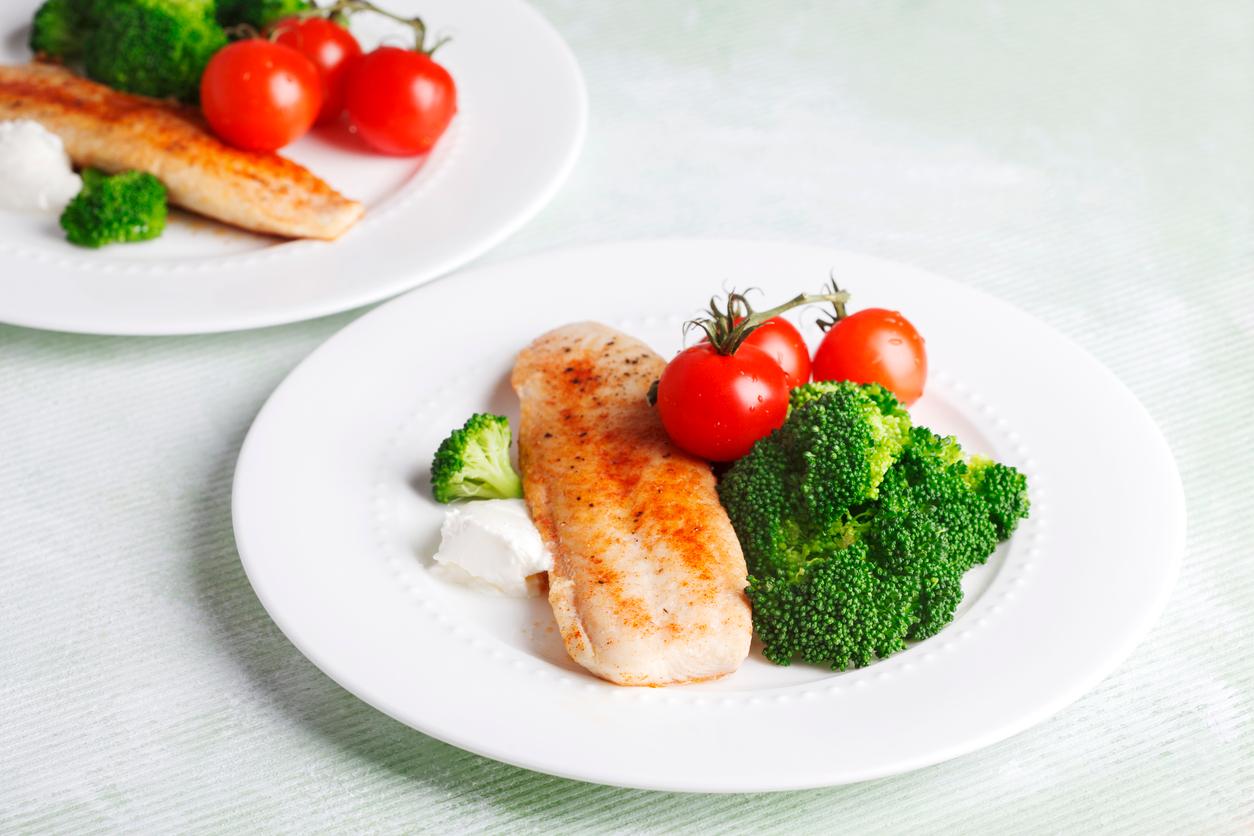Consuming Swai Fish Is Bad for the Environment and Bad for You — Here's Why
Swai fish is a type of catfish typically sourced from Vietnam that presents potential health hazards and a negative environmental impact.
Published April 9 2024, 10:21 a.m. ET

If you weren't aware, commercial fishing practices are wildly destructive to the environment, and many fish stolen from their habitats aren't even consumed. When it comes to the swai fish, the catfish species from Vietnam is a beacon of the heartbreaking realities of overfishing and the potential harm that can befall the humans who eat them.
While you're ideally consuming vegan seafood alternatives, which have exploded in popularity over the years, it's important to learn about the impact of swai fish consumption on humans and the planet.
The next time a family member or friend considers swai fish for dinner, inform them of the information below.

Why is swai fish bad for you?
Swai fish may be relatively cheap and a common option in homes and restaurants around the U.S., but according to MedicineNet, the list of potential harms from consuming swai fish are many.
Due to questionable practices from Vietnamese commercial fishers and breeders, it may be dangerous to consume swai fish as a result.
Per MedicineNet, swai fish are indiscriminate about what they eat. Therefore, fisheries in Vietnam often provide swai fish with substandard food or leftover restaurant scraps, and neither is conducive to the health or safety of the fish.
This negligence, in turn, has consequences. As Dr. Josh Axe, a doctor of natural medicine and clinical nutritionist, points out, swai fish are confined to tight spaces as factory-farmed fish, leaving them constantly in distress. They are, therefore, more prone to disease.
Swai fish are given antibiotics to combat the likelihood of developing a disease. According to Dr. Axe, it's not uncommon to discover high levels of mercury and other heavy metals in swai fish, which commonly swim in water polluted with disinfectants and other waste.
In addition to the toxicities ingested by swai fish, MedicineNet explains that swai fish are very high in sodium, potentially because of an additive that helps the fish retain moisture before human consumption. This may contribute long-term to heart disease and other chronic diseases.

Here are some Swai fish nutrition facts for you to know.
Given the health concerns above, for those considering eating swai fish, the healthiest items on your plate would be the vegetable side dishes. That doesn't mean swai fish are completely devoid of nutrients, though.
Per Verywell Health, a four-ounce serving of swai fish contains 21 grams of protein and may provide nutrients like omega-3 fatty acids, Vitamin D, and selenium.
However, the same serving of swai fish contains nearly 25 mg of cholesterol. Not to mention, the fish provides no value in terms of calcium, iron, or Vitamins C and A.
Regardless of the nutritional value of a given fish, the commercial fishing industry's practices have made any degree of seafood consumption unsustainable.
Combined with the considerable disregard for enforcing regulations through a significant lack of oversight by the U.S. government, the fishing industry has caused an unfathomable amount of destruction.
From vegan tinned fish to highly realistic vegan salmon, vegan lobster, vegan shrimp, and other alternatives, there is no shortage of ethical, sustainable, eco-friendly food options that do not harm the planet.